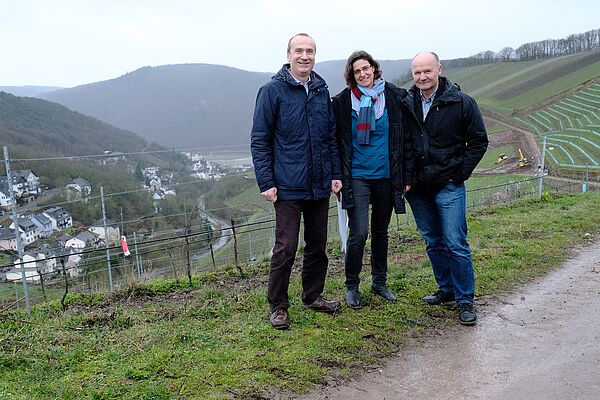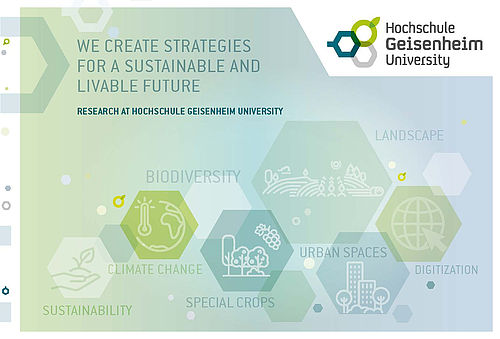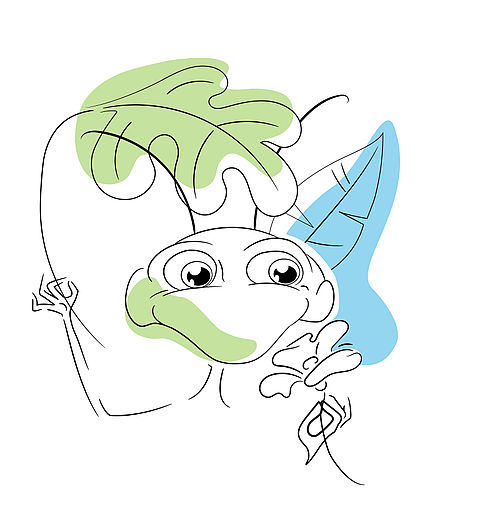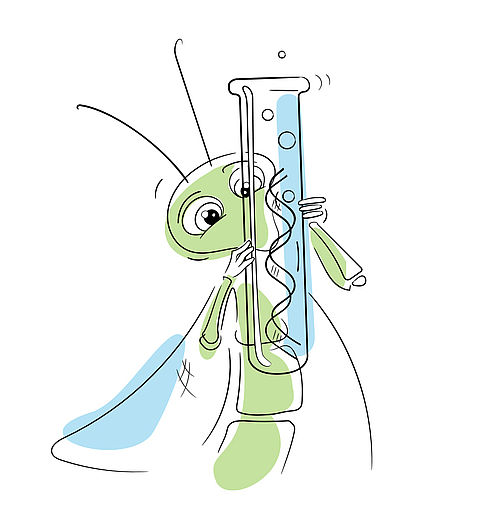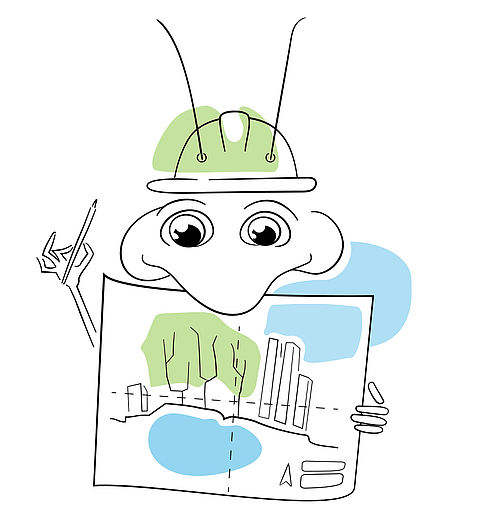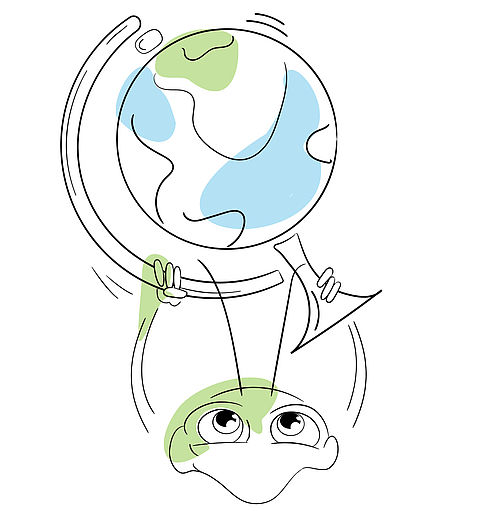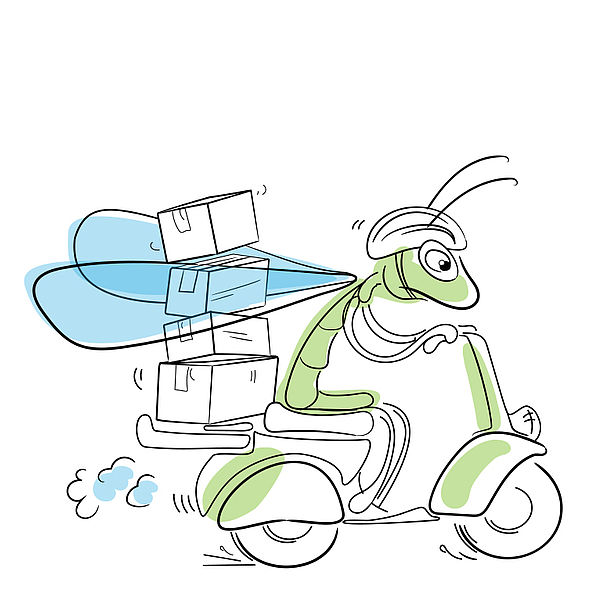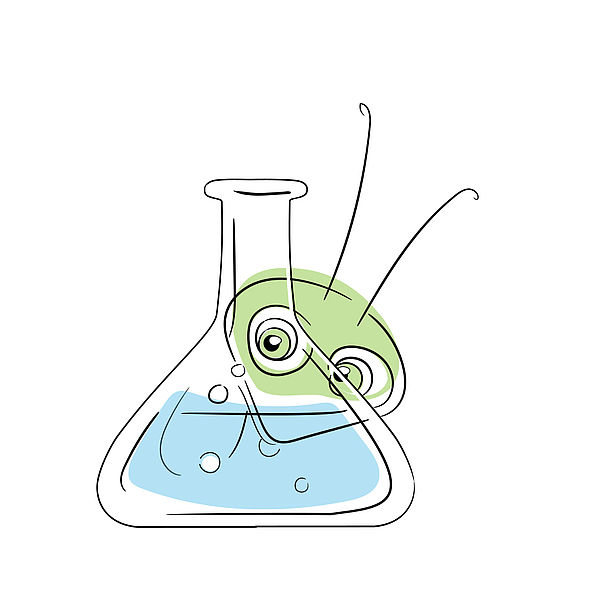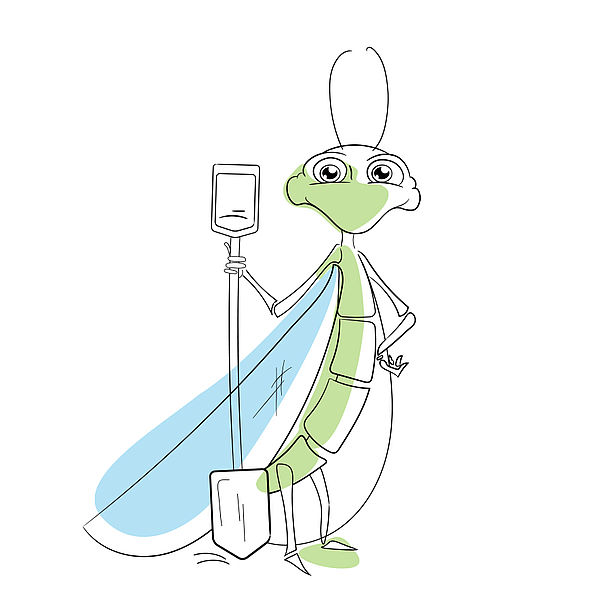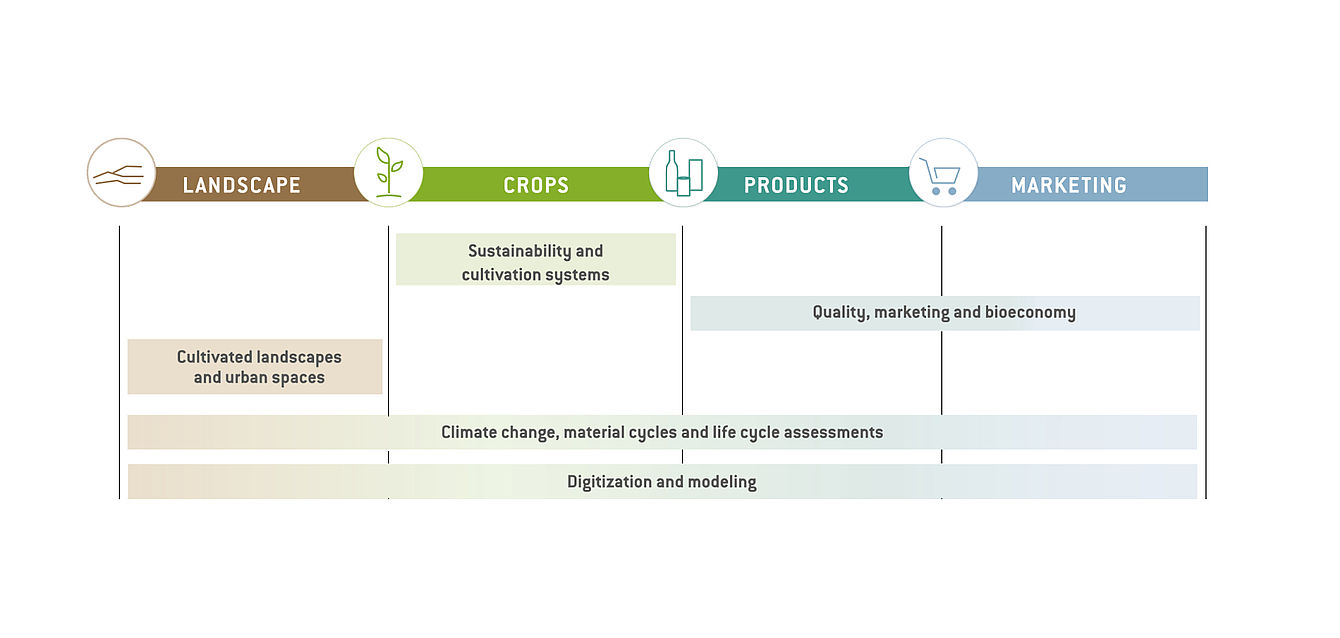Diggers in the vineyards could be seen on March 10, 2020 at the Höllenberg in Assmannshausen and will continue to be seen in the coming weeks in other vineyards in the Rheingau and Hessische Bergstrasse. "Together with Hochschule Geisenheim University, Hesse's State Wineries are launching 'BioQuiS: Fostering Biodiversity through Cross-Terracing in Steep-Slope Viniculture', with funding from the German Federal Environmental Foundation, DBU. This is a project with a model character - the transformation of steeply sloping vineyards into cross-terraces and planting flowering embankments will strengthen biodiversity and help protect waterways by preventing erosion," explained Dr. Thomas Schäfer, Hesse's Minister of Finance, who is also Chairman of the Supervisory Board of Hesse's State Wineries.
Until now, there have only been a few terraced vineyards in the wine-growing regions of the Rheingau and Middle Rhine Valley, Schäfer explained. "This form of cultivation not only offers great potential for the protection of fauna and flora - the parallel arrangement of the vines on the slopes means that they can also be managed better and more safely. In addition to cross-terracing, flowering embankments will also be planted on the steep slopes selected. Our state wineries are leading by example, thereby making it possible to preserve ecologically significant steep-slope vineyards. The results of the project will provide helpful insights for all winegrowers in Hesse, not just those at the state wineries," the Minister added.
Professor lona Leyer and Professor Manfred Stoll from Hochschule Geisenheim University and Dieter Greiner, Managing Director of Hessische Staatsweingüter GmbH Kloster Eberbach jointly presented the joint project for sustainable viticulture on site in Assmannshausen:
"In addition to being easier to manage, cross-terraced vineyards have significant ecological advantages. Part of the vineyard consists of embankments that are not directly cultivated and have great potential for nature conservation," said Professor Ilona Leyer from the Department of Applied Ecology at Hochschule Geisenheim University. "Properly planted with seeds of regional wild plants, terraced vineyards promote biodiversity, as they are important habitats for wild bees, butterflies and other pollinators. At the same time, they also help to prevent erosion," she explained.
Professor Manfred Stoll from Hochschule Geisenheim University's Department of General and Ecological Viticulture has set his sights on yet another aspect: "The modified alignment of the rows and lower vine density in cross-terrace vineyards have an impact on the microclimate and the water supply of the vine stock. This can influence yield, aroma and component formation and vine health. We will investigate these interactions between the vine and its environment by comparing both fall-line and cross-terraced vineyards."
"With around 90 hectares of steep slopes, 30 of which are in the UNESCO Middle Rhine Valley World Heritage Site, the Kloster Eberbach estate is the largest German vineyard situated on steep slopes and bears a huge responsibility for cultivating and protecting this centuries-old cultural landscape. Together with Hochschule Geisenheim University and our esteemed colleagues at the Laquai Winery in Lorch and the Ratzenberger Winery in Bacharach, it is particularly important for us that the steep slopes in Rüdesheim and Assmannshausen are adapted to the new challenges posed by climate change and socio-economic factors by means of the BioQuiS project," explained Greiner. Steep-slope vineyards can offer extremely valuable biodiversity. At the same time, the profitability of steep-slope viticulture is under threat in these times of climate change, he continued. "It is essential to find ways to combine ecology and business in order to preserve our steep slopes. Taking responsibility for people and the environment - this is how ambassadors of Kloster Eberbach's unique wine-growing heritage are born," he added.
Minister of Finance Dr. Schäfer thanked those responsible for the state wineries as well as the researchers from Hochschule Geisenheim University for supporting the project in a scientific capacity: "You are doing real pioneering work on this project and I am eager to see how we, on the part of the state wineries, can also contribute to the preservation of our local cultural landscape with its unique flora and fauna by cultivating wine in a way that is particularly close to nature."
Source: press release by Hesse's Ministry of Finance + ed

